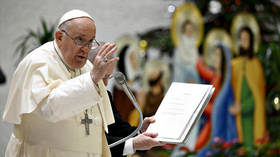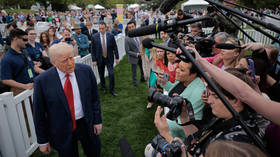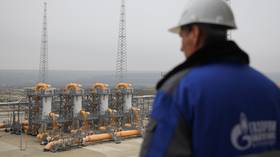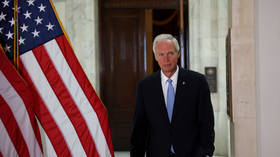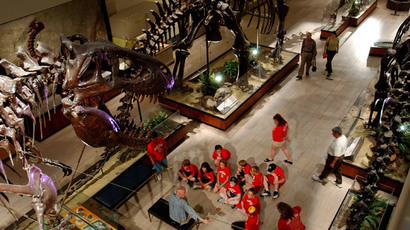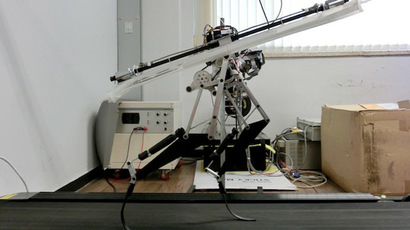Dinosaurs' colossal bad luck: How they died and we survived
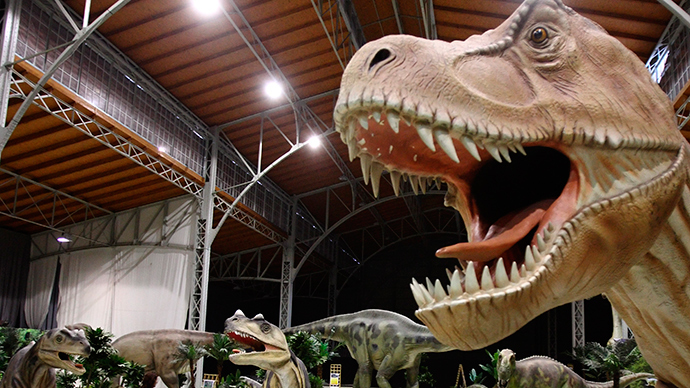
If the asteroid that killed the dinosaurs had hit a couple of million years earlier or later, they might have survived and humans might never have existed, a new study says, suggesting dinosaurs were particularly vulnerable at the time of the impact.
A study by 11 leading dinosaur experts published in the science journal Biological Reviews has unearthed some new findings that could change the way we look at the extinction of the dinosaurs. A set of environmental factors and diminishing biodiversity had left the dinosaurs more susceptible to extinction.
Dr Steve Brusatte, of Edinburgh University, told the BBC that increased sea levels and volcanic activity paved the way for a “perfect storm of events” that led to the dinosaurs’ extinction. Brusatte describes the turn of events as “colossal bad luck” and said that had the asteroid struck at a different time, the dinosaurs would have been robust enough to survive.
"If they had a few million years more to recover their diversity they would have had a better chance of surviving the asteroid impact. Dinosaurs had been around for 160 million years, they had plenty of dips and troughs in their diversity but they always recovered,” he said.
The team of experts looked at a set of environmental factors that were prevalent at the time of the catastrophe and found that while most dinosaur species were prospering, the larger plant-eating dinosaurs were in decline.
"The decline made those ecosystems at the very end of the cretaceous [period], when the asteroid hit, considerably more vulnerable to collapse than those ecosystems that existed even a few million years before," said Brusatte.
The collision of the 10km-wide asteroid with Earth around 66 million years ago eliminated 80 percent of all species living on the planet at the time. The asteroid struck the area that is now known as Mexico and triggered tsunamis, earthquakes, temperature swings and other natural disasters that pushed the dinosaurs to the brink.
The only dinosaurs who survived were avian creatures and they are
believed to have evolved into today’s birds.
Brusatte theorizes that if the asteroid had struck at a more
prosperous time for dinosaurs, they might still be the dominant
form of life on this planet. He believes that the demise of the
dinosaurs gave mammals the chance they needed to evolve and
overtake the dinosaurs.
"With evolution never say never. It is certainly possible that dinosaurs could have evolved intelligence,” said Brusatte.




